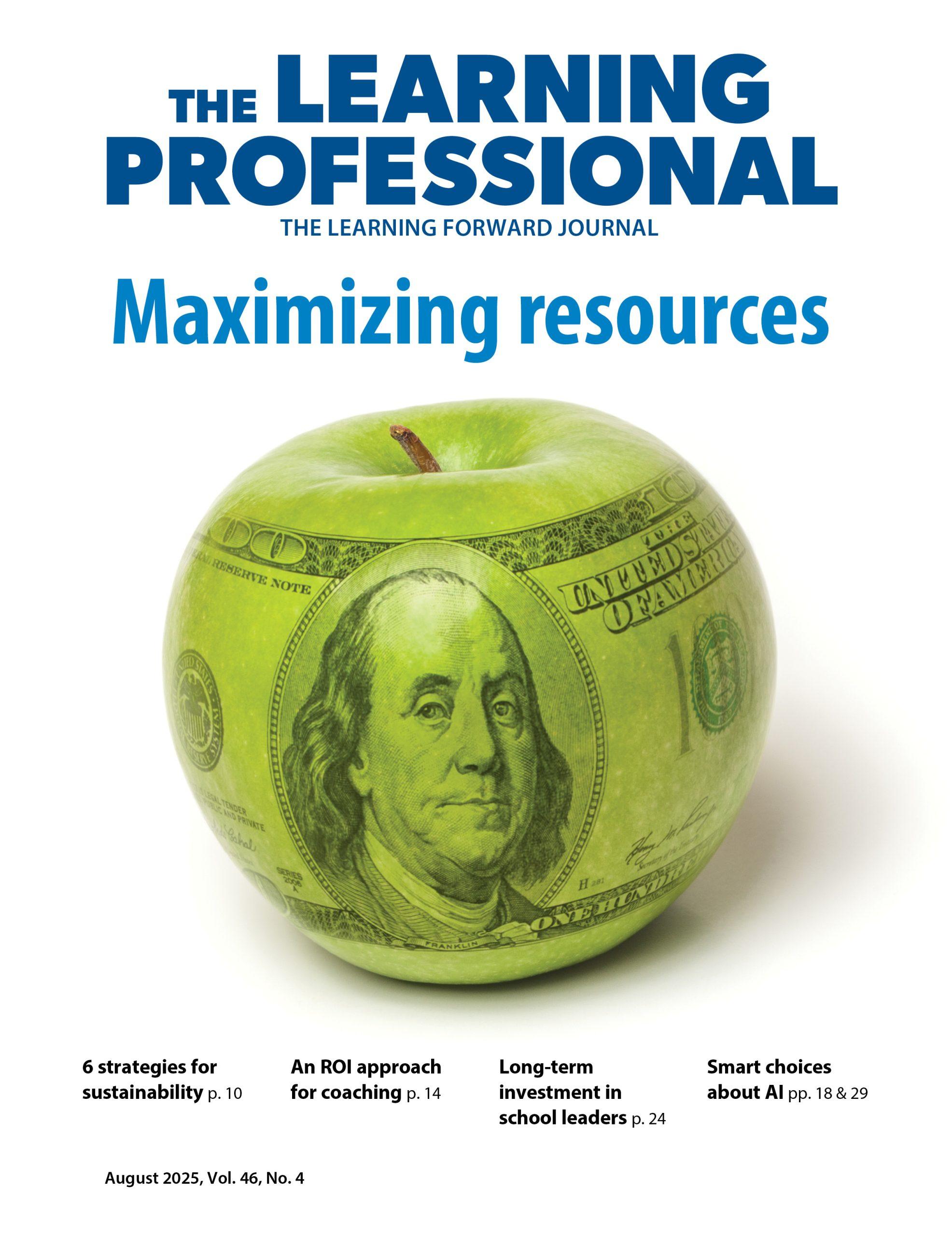Collaborative culture
Conversation protocols help district discuss all sides of complicated issues
By Susan Scott
Categories: UncategorizedAugust 2010
Read the remaining content with membership access. Join or log in below to continue.
Sed ut perspiciatis unde omnis iste natus error sit voluptatem accusantium doloremque laudantium, totam rem aperiam, eaque ipsa quae ab illo inventore veritatis et quasi architecto beatae vitae dicta sunt explicabo. Nemo enim ipsam voluptatem quia voluptas sit aspernatur aut odit aut fugit, sed quia consequuntur magni dolores eos qui ratione voluptatem sequi nesciunt. Neque porro quisquam est, qui dolorem ipsum quia dolor sit amet, consectetur, adipisci velit, sed quia non numquam eius modi tempora incidunt ut labore et dolore magnam aliquam quaerat voluptatem.
No plan survives its collision with reality. At the same time, reality has an irritating habit of shifting, seriously complicating our fantasies about how things were going to go. Weak leaders want agreement. Fierce leaders want the truth and understand that none of us owns the truth about anything. In order to get it right for all of us, rather than to be right, leaders interrogate multiple, competing realities that exist simultaneously on just about any topic. Everyone owns a piece of the truth, and each piece is valid. In this article, Michael Torres describes how his district uses specific conversation models to develop shared understanding around civil behavior and roles and responsibilities in the Corpus Christi (Texas) Independent School District. — Susan Scott
Susan Scott (susan@fierceinc.com)leads Fierce Inc.
Categories: Uncategorized
Recent Issues
MEASURING LEARNING
June 2025
To know if your professional learning is successful, measure educators’...
NAVIGATING NEW ROLES
April 2025
Whether you’re new to your role or supporting others who are new,...
LEARNING DESIGNS
February 2025
How we learn influences what we learn. This issue shares essential...
BUILDING BRIDGES
December 2024
Students benefit when educators bridge the continuum of professional...








